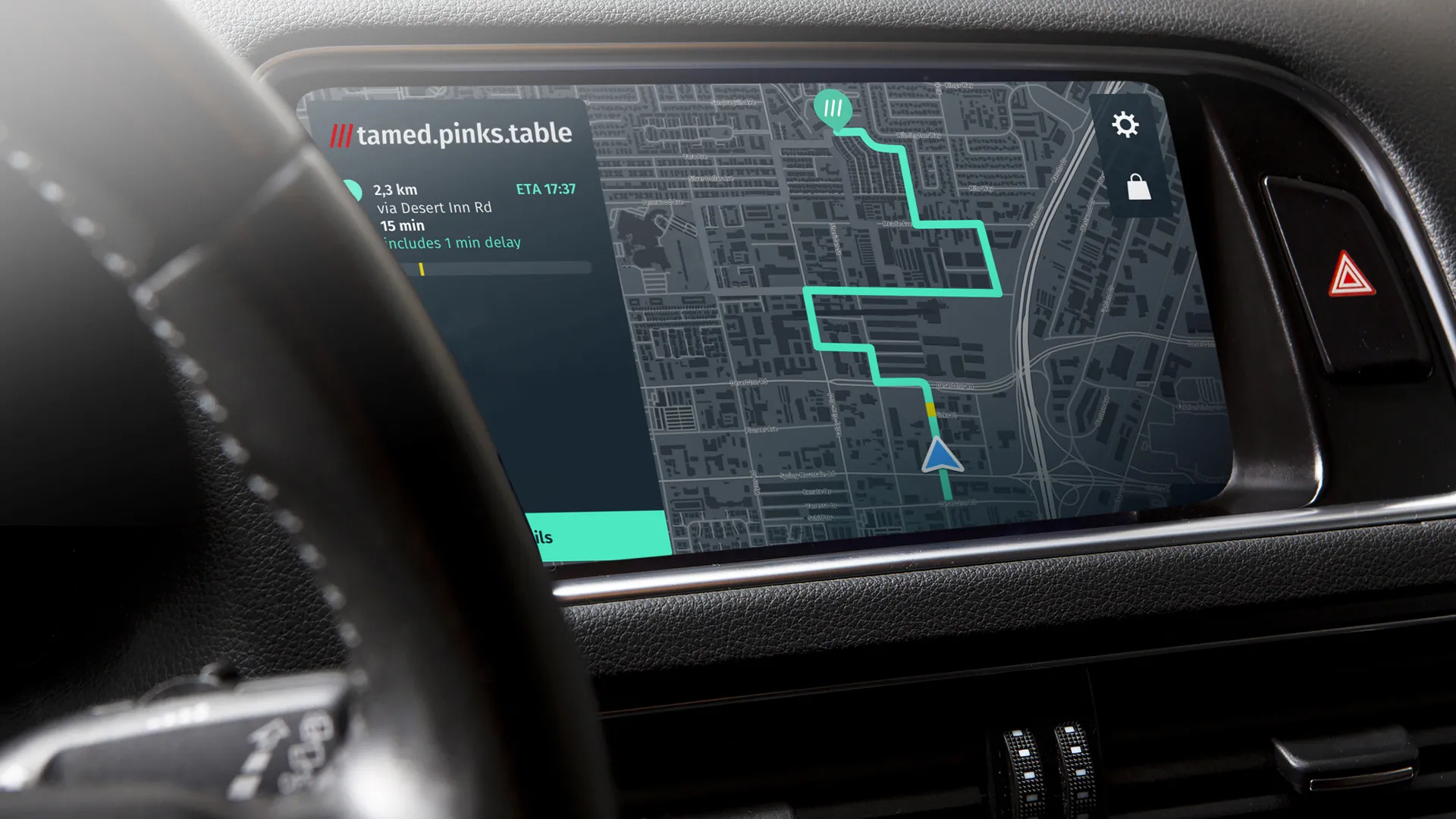
A report from Reuters says the ride-hailing giant has disabled a pooled option which allows users to book trips at lower prices by sharing the car with up to three other riders heading in the same direction.
Andrew Macdonald, senior vice president of Uber Rides, says: “Our goal is to help flatten the curve on community spread in the cities we serve.”
Riders will now also see a message prompting them to consider whether the trip they intend to book is essential and to only travel when necessary. They are also being asked to wash their hands before and after each trip and to roll down the window to improve ventilation.
Uber is not alone in taking measures against coronavirus. Earlier this month, Singapore’s Land Transport Authority (LTA) issued guidance to safeguard taxi and private hire car drivers and their passengers.










